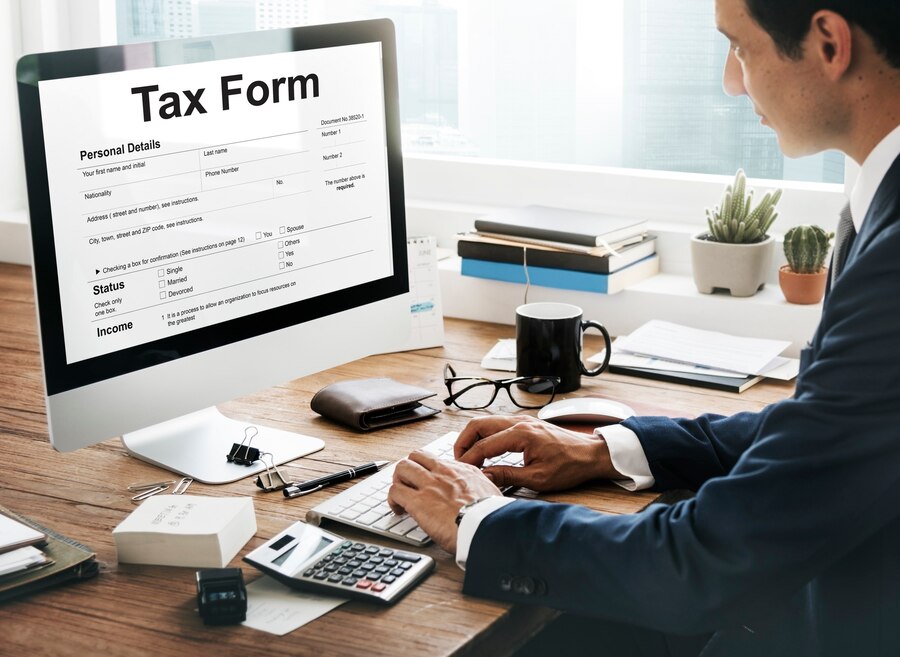Being VAT registered is a significant milestone for many businesses, indicating growth and higher operations. However, it can also bring challenges that may negatively impact small businesses. This article explores the pros and cons of being VAT registered and offers practical advice on what to do if VAT registration negatively affects your business.
Pros of VAT Registration
1. Credibility and Professionalism: Being VAT registered can significantly enhance your business’s credibility. Customers and suppliers often perceive VAT-registered businesses as more established and trustworthy. This credibility can help win more business and improve relationships with suppliers.
2. Reclaiming VAT: One of the most substantial benefits of being VAT registered is the ability to reclaim VAT on business purchases. This can be particularly advantageous for businesses that incur significant VAT on their inputs, such as manufacturing or retail companies. Reclaiming VAT can help reduce overall business costs and improve profitability.
3. B2B Transactions: Many B2B transactions require both parties to be VAT registered. Being VAT registered can open up new opportunities for business partnerships and otherwise unavailable contracts. This is crucial for businesses looking to expand their client base and grow their operations.
4. Competitive Pricing: VAT registration allows your business to compete more effectively with other VAT-registered businesses. If your competitors are VAT registered and you are not, they may have a price advantage as they can reclaim input VAT. This can level the playing field and allow you to price your products or services more competitively.
5. International Trade: VAT registration is often required for international trade businesses, especially when dealing with other VAT-registered firms in the EU and beyond. It facilitates smoother transactions and compliance with international tax regulations.
Cons of VAT Registration
1. Administrative Burden: One of the main disadvantages of VAT registration is the increased administrative workload. VAT compliance involves maintaining accurate records, submitting regular VAT returns, and dealing with complex VAT rules. This can be time-consuming and may require additional resources or professional assistance.
2. Cash Flow Issues: VAT-registered businesses must charge VAT on their sales and collect it from customers. This can affect cash flow, especially if customers are slow to pay or HMRC delays refunding VAT. Managing cash flow effectively becomes crucial to avoid financial strain.
3. Perception of Higher Prices: Charging VAT can lead to a perception of higher prices among customers, as the cost of goods and services includes the VAT amount. This can be a disadvantage when competing with non-VAT registered businesses that might appear more affordable.
4. Risk of Penalties: Being VAT registered exposes your business to potential VAT inspections by HMRC to ensure compliance. If errors are discovered, there could be significant penalties, interest charges, and possible reputational damage. Ensuring accurate record-keeping and timely submissions is crucial to avoid such issues.
5. Complexity of VAT Rules: The complexities of VAT rules and regulations can be overwhelming, especially for small businesses. The intricacies of different VAT schemes, such as the Flat Rate Scheme, Cash Accounting Scheme, and Annual Accounting Scheme, require a thorough understanding and careful management to avoid costly mistakes.
6. Competitive Disadvantage: If your close competitors are not VAT registered, they can offer lower prices than you, which might drive customers away from your business. This can be particularly challenging in price-sensitive markets where even a slight difference in cost can influence customer decisions.
What to Do If VAT Registration Is Negatively Affecting Your Business
If VAT registration is proving to be a burden on your business, there are several steps you can take to mitigate its impact:
1. Assess Your Situation: Start by evaluating the specific ways in which VAT registration is affecting your business. Consider factors such as cash flow, administrative burden, and customer perception. Identifying the key issues will help you develop a targeted strategy to address them.
2. Consider Deregistration: If your business turnover falls below the VAT deregistration threshold, consider deregistering from VAT. This can reduce administrative workload and simplify your financial management. To deregister, you need to apply through HMRC, and your request will be processed if your turnover is below the threshold.
3. Utilize VAT Schemes: Different VAT schemes can help manage VAT liabilities more effectively. The Flat Rate Scheme simplifies VAT accounting by allowing you to apply a fixed rate to your total sales, potentially reducing the administrative burden. The Cash Accounting Scheme can help manage cash flow by allowing you to account for VAT based on payments received and made rather than on invoices issued.
4. Streamline Your Processes: Implementing efficient VAT processes can help reduce the administrative burden. Keeping accurate records, using accounting software, and setting up a separate bank account for VAT payments can streamline your VAT management and ensure compliance. Regularly review your VAT records to avoid errors and penalties.
5. Seek Professional Advice: Consulting with an accountant or tax advisor can provide valuable insights into managing VAT effectively. A professional can help you identify tax breaks, optimize your VAT processes, and ensure compliance with VAT regulations. This investment can save you time and money in the long run.
6. Adjust Your Pricing Strategy: If VAT is causing cash flow issues, consider adjusting your pricing strategy. While increasing prices might seem counterintuitive, it can help cover the VAT costs and improve profit margins. To maintain transparency and trust, communicate the reasons for price adjustments to your customers.
7. Explore VAT Reliefs: Investigate whether your business is eligible for any VAT reliefs. Some countries provide VAT relief schemes for small businesses, such as the UK’s Flat Rate Scheme. These schemes simplify VAT calculations and reduce the administrative burden, making it easier for small businesses to manage their VAT obligations.
Conclusion
Being VAT registered can provide several advantages, such as enhanced credibility, reclaiming VAT on business expenses, and better opportunities for B2B transactions. However, it also comes with challenges, including administrative burdens, cash flow issues, and potential customer resistance to higher prices. Each business is unique, and the best approach depends on your circumstances. By carefully weighing the pros and cons and implementing the right strategies, you can navigate the complexities of VAT registration and ensure your business’s long-term health and success.






